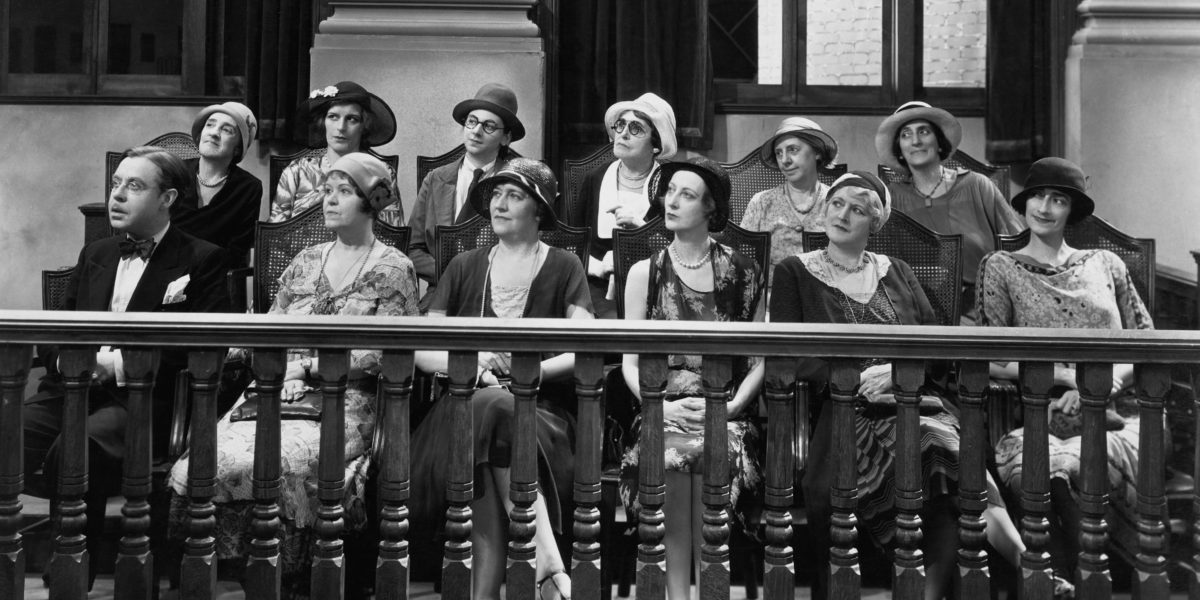Two weeks ago, I ended a series of posts about the role of Senses in litigation (Taste, Touch, Smell, Sight, Hearing). About the time that I ended those, I ran across something even better. A real scientific explanation of what I was getting at – published in the Journal of Consumer Research. Here it is.
So Close I Can Almost Sense It: The Interplay between Sensory Imagery and Psychological Distance
The nut of the excellent observation is that our sense memory from those senses requiring proximity (Taste, Touch) are felt more deeply than those that do not require proximity (Sight, Hearing). Consumer marketing techniques have been all the rage in trial lawyer circles ever since Malcolm Gladwell and Thomas Frank started publishing books about behavioral psychology that could be used to explain jury dynamics.
I didn’t really understand why I wanted to write posts about the Senses in litigation until I saw this Journal of Consumer Research article – after the fact.
If the theory holds, a juror’s sense of taste and touch might be more persuasive than sight or hearing. This might seem like common sense, however, it can change the way evidence is presented. While hearing testimony and seeing exhibits is helpful, the hypothesis underscores the need to let – or demand – that jurors hold, touch and personally experience the evidence in whatever form as closely as possible. This may require visits to relevant scenes or premises outside the Courthouse more often. It may mean asking jurors to handle evidence at multiple points during the trial – giving them the opportunity to experience it anew based upon the developing evidence during trial.
Reinforcement is a key marketing and branding strategy. There’s no reason it shouldn’t be used when presenting the case. Experience, both quality and quantity, with serious cases is a fundamental requirement when choosing a lawyer. More importantly, hire a qualified professional who is wholly committed to advocating for the rights of those who cannot advocate for themselves.
“Experience is the life of the law.”

